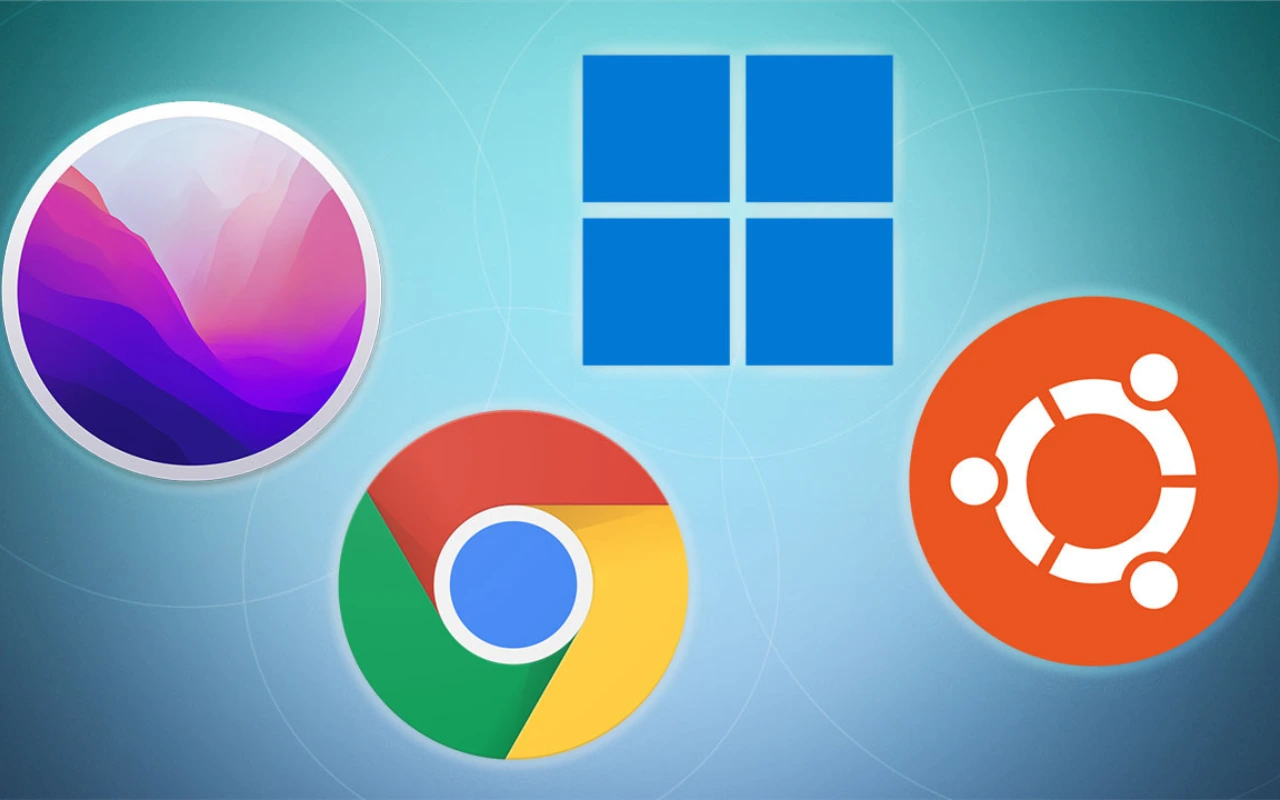Embarking on a journey to discover the ideal operating system is like choosing the perfect travel companion for your digital adventures. In this exploration, we’ll unravel the question: “Which OS is Better Than Linux?” Buckle up as we navigate through the world of operating systems, each with its own unique features and advantages. Whether you’re a tech enthusiast, a casual user, or someone in between, we’ll guide you in finding the ideal OS that suits your needs and makes your computing experience a breeze.
In this blog post, we embark on a journey to explore alternatives and help you discover the ideal OS that aligns with your unique computing needs. Whether you’re a developer seeking customization, a gamer craving performance, or a creative professional seeking design excellence, we’ve got you covered.
Linux: An Overview

Linux is an open-source operating system kernel that pairs with different software collections called distributions or distros. Renowned for its stability, security, flexibility, and freedom to modify source code, Linux efficiently manages resources. However, it may offer less software and hardware compatibility compared to Windows or macOS.
Comparing Linux to Windows

Let’s begin by contrasting Linux with the widely-used Windows operating system:
- Performance: Linux boasts lower system requirements and efficient hardware resource utilization, resulting in snappier performance, particularly on older computers.
- Stability: Linux’s modular architecture lends itself to heightened stability, minimizing crashes when compared to Windows.
- Security: Linux’s open-source nature provides enhanced security, reducing vulnerability to malware or viruses. This eliminates the need for third-party antivirus software.
- Privacy: Unlike Windows, Linux refrains from collecting user data or employing telemetry services that transmit information back to the company.
- Cost: Most Linux distros are free to install, whereas Windows requires a license fee.
- Compatibility: Windows supports a broader array of third-party software and hardware, offering better compatibility.
- Ease of Use: Windows is more user-friendly, whereas Linux often demands familiarity with command-line interfaces.
MacOS vs Linux Comparison

Now, let’s shift focus to a comparison between Linux and macOS:
- Customization: Linux offers high customization with access to source code, while macOS provides limited OS modification capabilities.
- Performance: Linux demands fewer resources, while MacBooks excel in hardware/software integration.
- Cost: macOS exclusively operates on costly Apple hardware, whereas most Linux distros are free.
- Compatibility: macOS solely functions on Macs, whereas Linux can be installed on common PC hardware.
- Privacy: Apple collects user data to some extent, while Linux refrains from telemetry or data gathering.
- Security: Both Linux and macOS prioritize security. Linux offers greater control, while macOS follows stringent management.
Deciding the Better Option

For most home and business applications, Windows 10 remains the most well-supported and compatible OS. However, Linux surpasses it in performance, stability, security, privacy, and cost, albeit with a learning curve. MacOS impresses but is confined to premium Apple hardware. For flexibility across devices and maximal control, Linux emerges as a top contender for the best mainstream operating system available today.
Certainly! Here’s a table comparing Linux, Windows, and macOS based on various features:
| Features | Linux | Windows | macOS |
|---|---|---|---|
| Performance | Efficient, lower system requirements | Varied performance based on hardware | Efficient, hardware/software integration on MacBooks |
| Stability | Modular architecture, high stability | Moderate stability, occasional crashes | Stable performance, controlled environment |
| Security | Highly secure, open-source nature | Requires third-party antivirus software | Strong security measures, controlled ecosystem |
| Privacy | No data collection, more privacy | Data collection, telemetry services | Moderate privacy, controlled data practices |
| Cost | Mostly free, budget-friendly | Licensing costs required | Exclusive to Apple hardware, premium price |
| Compatibility | Some software and hardware limitations | Broad compatibility with third-party software and hardware | Limited to Apple hardware, exclusive ecosystem |
| Ease of Use | Requires familiarity with command line interfaces | User-friendly interface | User-friendly interface, learning curve for customizations |
| Customization | High customization with access to source code | Limited OS modification capabilities | Limited customization, closed ecosystem |
| Hardware/Software Integration | Efficient resource management | Varied resource usage | Efficient integration on MacBooks |
| Control | Offers more control over the system | Moderate control, varied configurations | Moderate control, tightly managed environment |
Note: Each operating system has its strengths and weaknesses, and the suitability depends on individual preferences and needs.
Conclusion,
The choice among Linux, Windows, and macOS comes down to personal preferences and specific requirements. Linux offers customization and security, Windows is known for productivity and gaming, and macOS excels in design and creativity. Your decision should be based on your individual needs, workflow, and familiarity with the system. Each of these operating systems has its strengths and is well-suited to different user profiles.
